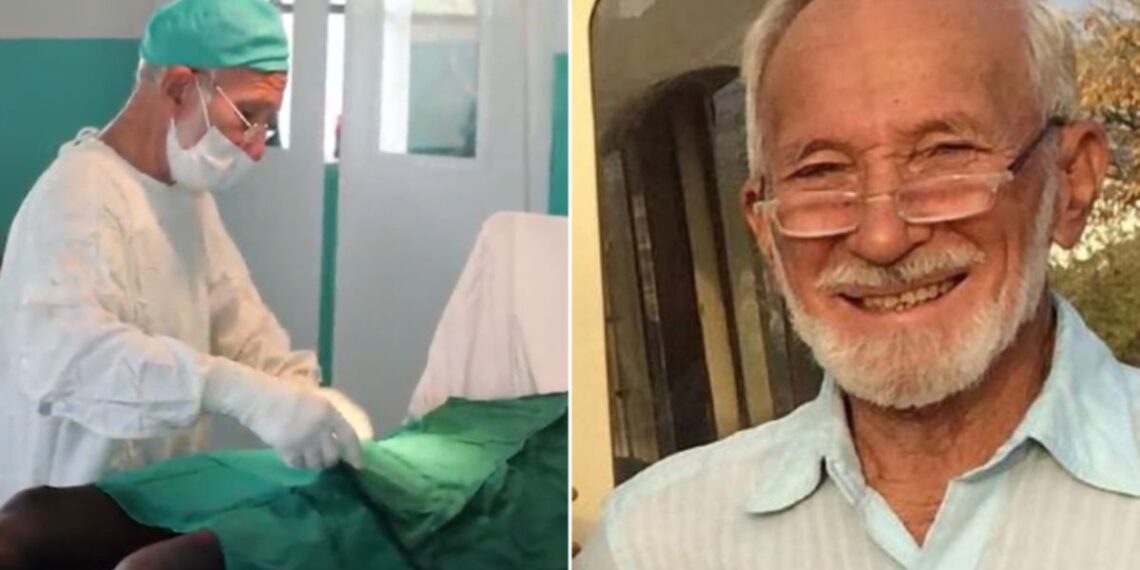In a remarkable turn of events, Dr. Kenneth Elliott, an 88-year-old Australian doctor held captive by al-Qaeda militants in West Africa for over seven years, has been freed. Australia’s foreign minister confirmed that Dr. Elliott is safe and well and has been reunited with his family.
Dr. Elliott and his wife were abducted in 2016 near the border between Mali and Burkina Faso, where they had been operating a clinic for more than 40 years. At the time, al-Qaeda in the Islamic Maghreb claimed responsibility for the kidnapping.
After three weeks, the group released Dr. Elliott’s wife, Jocelyn, following public pressure and what they described as “guidance” from their leaders to avoid involving women in the conflict.
Now reunited with his family, Dr. Elliott, at 88 years old and after years spent away from home, will require time and privacy to rest and regain his strength, according to a statement from his family.
Australian Foreign Minister Penny Wong commended Dr. Elliott and his family for their resilience during the challenging circumstances they endured. She expressed gratitude to the Australian officials who worked tirelessly over the years to secure Dr. Elliott’s release and provide support to his family.
Originally from Perth, Dr. Elliott and his wife operated a 120-bed clinic in the town of Djibo, Burkina Faso, where he served as the sole surgeon. Their capture prompted a grassroots campaign on Facebook by locals advocating for their release, with posts highlighting Dr. Elliott’s compassion and his embodiment of the best of humanity.
Kidnappings for ransom have been utilized by al-Qaeda in the Islamic Maghreb (AQIM) and other extremist groups in North and West Africa as a means of fundraising. With roots in Algeria’s civil war in the 1990s, AQIM operates across the Sahel region south of the Sahara Desert, including Mali and Burkina Faso.
France had previously deployed 5,000 troops to Mali in 2013 to combat AQIM and its allies. In 2020, they eliminated AQIM leader Abdelmalek Droukdel. However, France withdrew its forces last year due to mounting opposition in Mali toward its military intervention.
The release of Dr. Elliott brings a sense of relief and hope, highlighting the complexities and challenges posed by extremist groups in the region.


